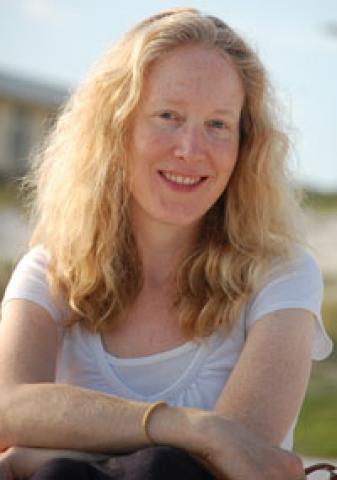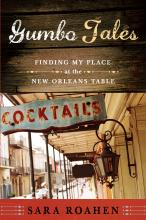
Nonfiction
March 14-18, 2016
Open to All
Tiered Tuition
$0-$0 Reserve My Spot This offering is not currently available for registration. Please check back or email Jennifer Jean at jjean@fawc.org for any questions.
Food sustains us—or in some cases, fails to sustain us. Because of food’s omnipresent role in our lives, using food in our writing can help us narrow in on, or expound upon, the weightiest of topics. In this workshop, you will learn how to give food the appropriate weight, emotion, and time; when using food in writing works, and when it’s gratuitous.
The newly popular term “food writing” can be misleading, as it implies that writing about food—be it food culture, food in restaurants, or food-focused memoir—is different from other writing. Even for those of us who know better, the term conjures ideas of pleasure, of leisure, of eating well. But food is literally what sustains us. Or, in some cases, what fails to sustain us. It can be pleasure and pain, leisure and work, eating well and going hungry. Because of food’s omnipresent role in our lives, using food in our writing can help us narrow in on, or expound upon, the weightiest of topics.
In this workshop, students will learn how to give food the appropriate weight, emotion, and time; when using food in writing works, and when it’s gratuitous. I will guide students in writing their own first-person food stories, whether food is the focus of an entire memoir, a single chapter, or personal essay.
By the end of the week, students will have 1-5 pages of solid, food-focused writing—either a completed essay or an anchor section of a larger memoir.
At the end of the workshop, I will either schedule a 30-minute phone call with you or mail you a personal feedback letter. Whichever medium of communication you choose, I will provide feedback on your work. Specifically, I will include my thoughts on your posted piece, and your outline or future essay topics, including ideas for how to better your food writing. I will also give suggestions for how to proceed, and where you might find more inspirational reading.
I believe that, when done with correct intention, using food in our writing can reveal great truth and meaning. By the end of this workshop, you will believe too.

Sara Roahen wrote the memoir Gumbo Tales: Finding My Place at the New Orleans Table, co-edited The Southern Foodways Alliance Community Cookbook, and contributed a chapter to New Orleans Cuisine: Fourteen Signature Dishes and Their Histories. She has also written for Saveur, Garden & Gun, Oxford American, Wine & Spirits, Bon Appetit, Budget Travel, Chile Pepper, Edible Piedmont, Edible New Orleans, Natural Health, and New Orleans Magazine. Her essays have been republished in Best American Food Writing 2003; Food & Booze: Essays & Recipes; and Cornbread Nation: The Best of Southern Food Writing. New Orleans’ Young Leadership Council chose Gumbo Tales for its One Book One New Orleans reading initiative in 2009, and Roahen was the 2010 recipient of the Louisiana Library Association’s Louisiana Literary Award. She is also an oral historian and has completed a number of Louisiana-based oral history projects for the Southern Foodways Alliance, on topics ranging from gumbo to sno-balls to the fishing culture of Bayou Lafourche.
